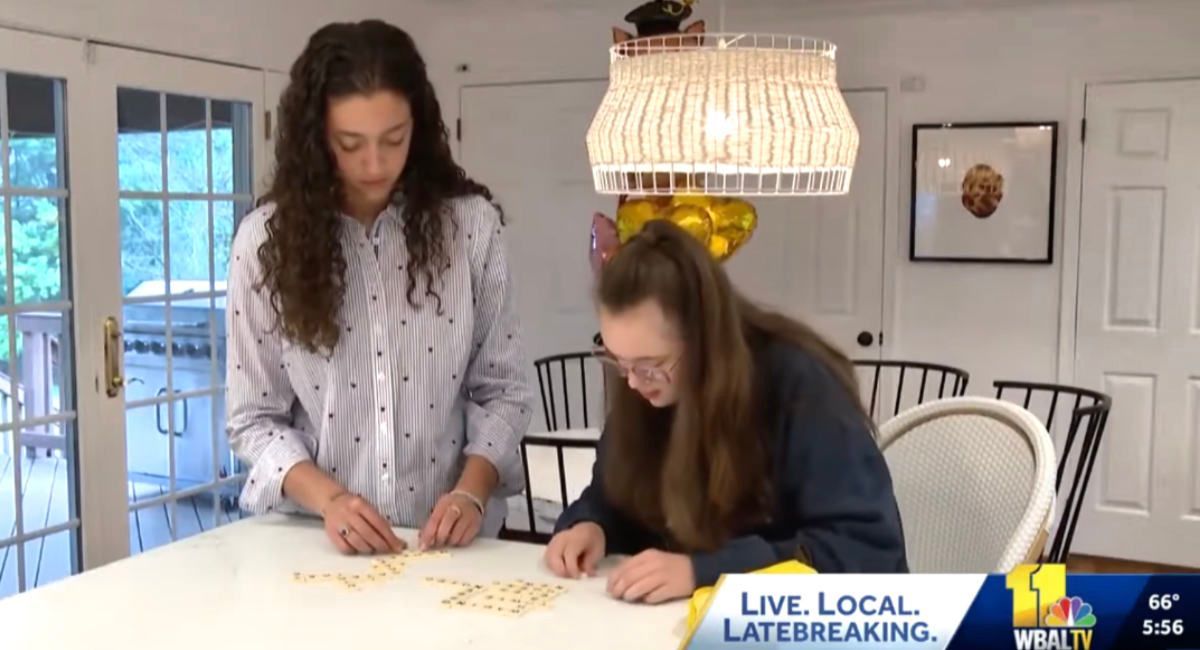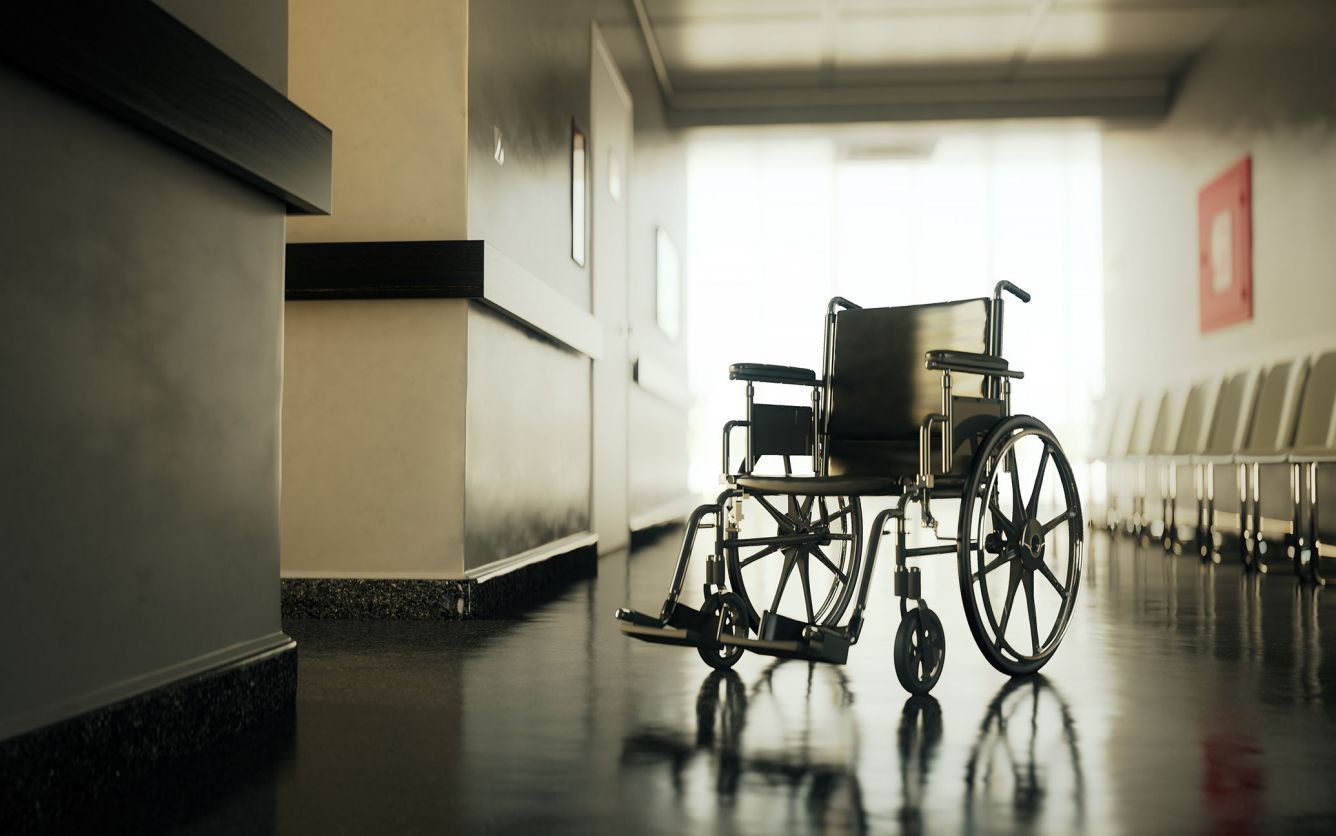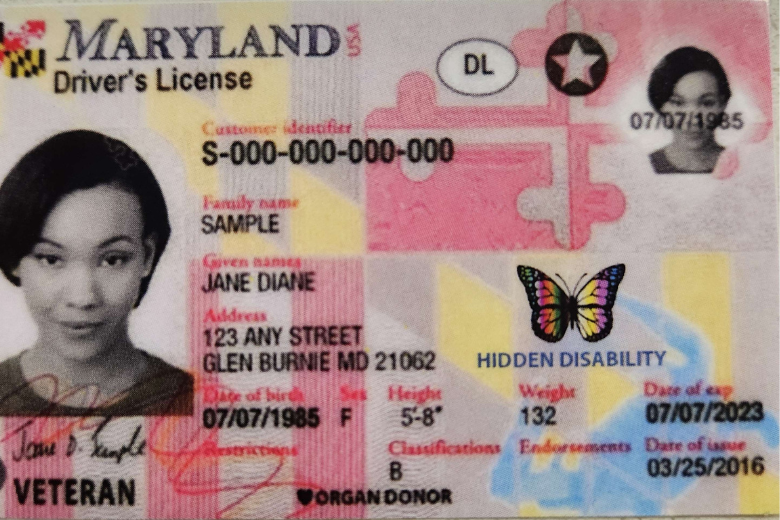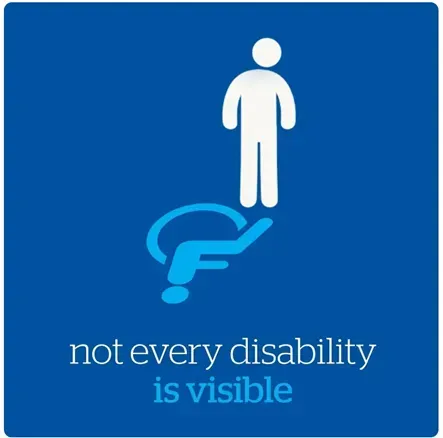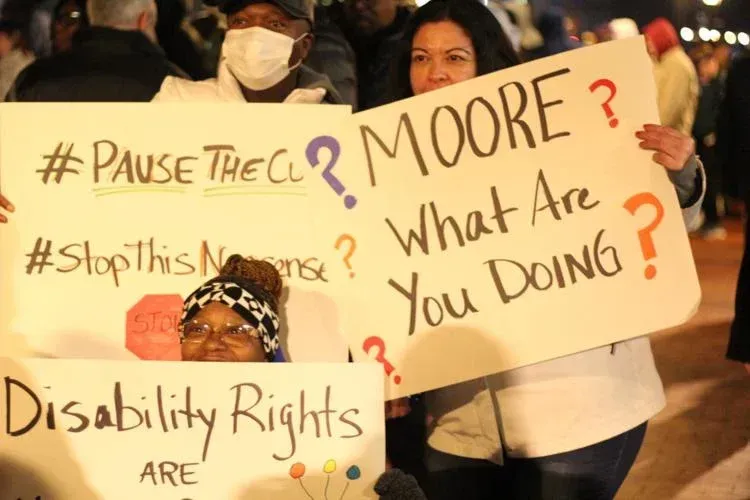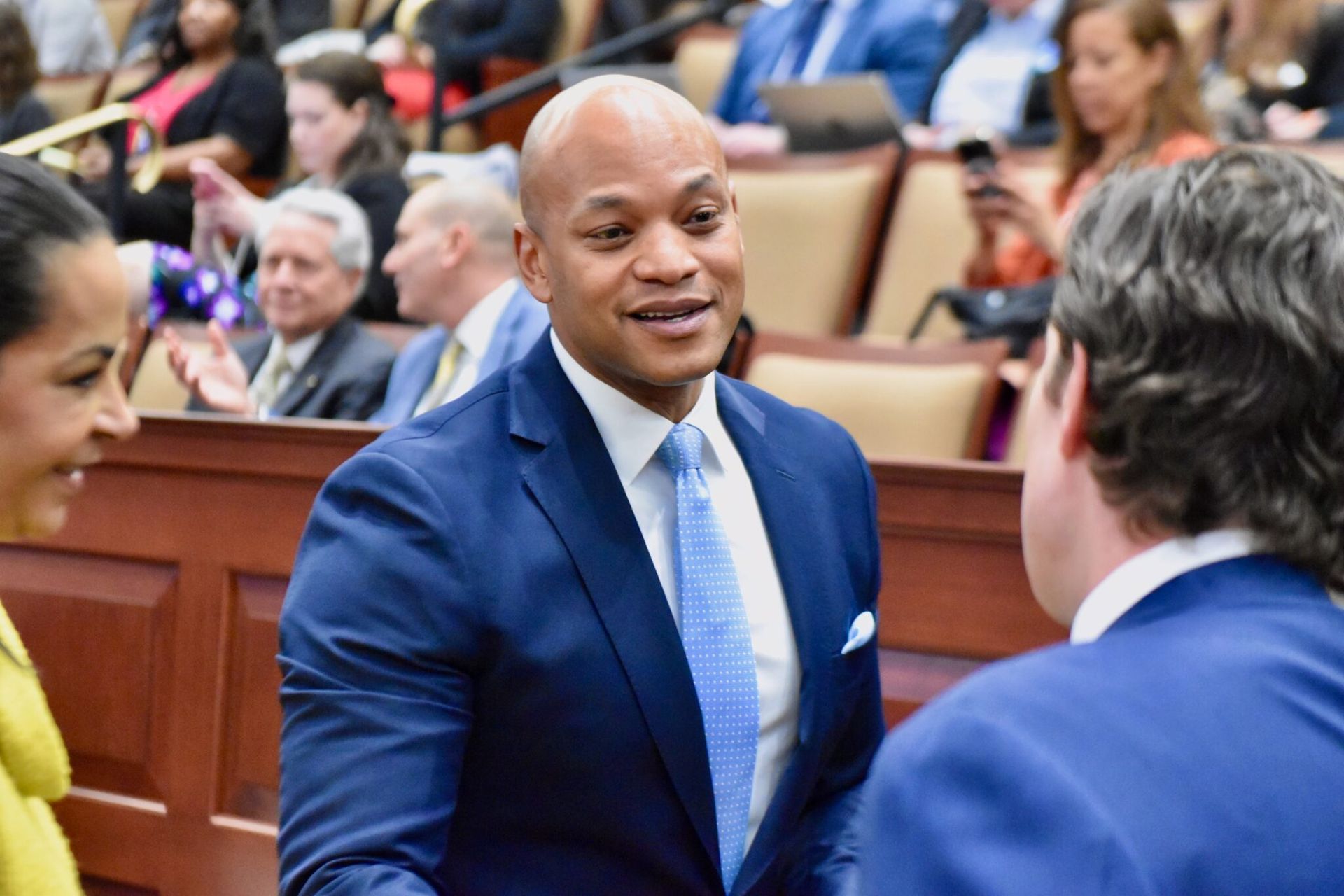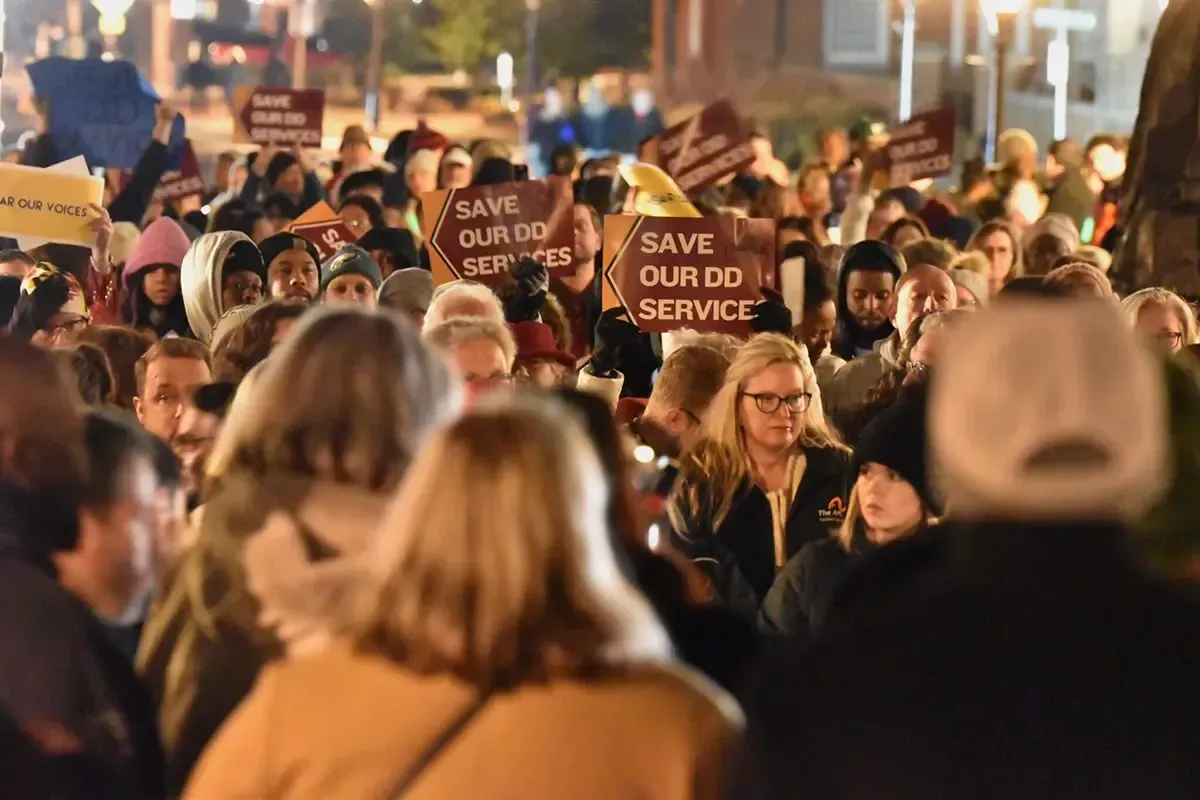People with developmental disabilities seeing Medicaid coverage lapse more often
Advocates, providers see staffing issues, poor communication in health department among reasons for more cases falling through the cracks.
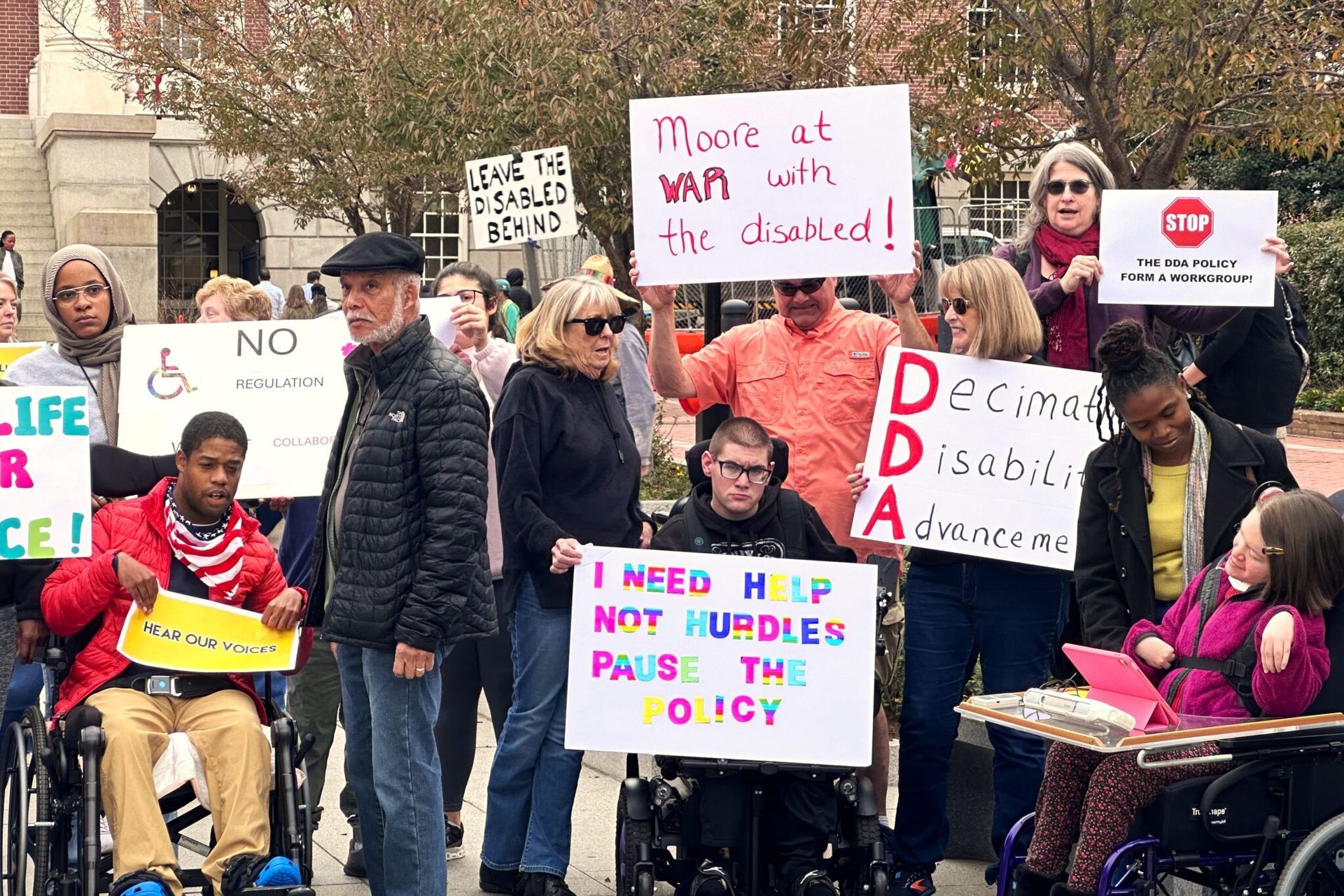
An increasing number of people with developmental disabilities are falling through the cracks of Medicaid, going months without health care coverage because the state can’t keep pace with new applications and wrongful termination appeals.
Concrete numbers are hard to come by, but providers and developmental disability advocates attest to several dozen cases where recipients are left waiting to hear back from Medicaid officials about their coverage after submitting a new application or challenging what they believe are erroneous Medicaid terminations.
“Some participants, because of the backlog of scheduling cases to be heard, are waiting six months, eight months, an entire year to get resolved,” said Randi Ames, managing attorney for Disability Rights Maryland, which has been helping frustrated families and Medicaid recipients through various administrative hurdles.
Between limited staffing within the Maryland Department of Health and inadequate communication between branches of the agency, people with developmental disabilities are falling through the cracks and losing Medicaid coverage for crucial services.
“I know they’re aware of this,” Ames said of state officials. “They’re trying to work toward certain solutions, but we’re at that impasse where it’s just not happening quickly enough and people are being harmed.”
Ames and other advocates suspect that there are probably many more cases across Maryland, and her organization is considering legal action if those administrative delays continue.
The Department of Health did not respond to several requests for an interview, though it said in a written statement that agency is “working in partnership with stakeholders and providers to enhance and improve the process for these complex Medicaid eligibility reviews.”
“People with developmental disabilities and the families and providers that care for them deserve accessible services and supports,” the department statement said. “It is a top priority of the Maryland Department of Health to continually improve the systems and processes for Medicaid waiver programs that provide services and supports to applicants, participants, and community providers.”
At issue are Medicaid waivers that allow people with developmental disabilities to get a wide variety of services, from live-in caregiver support to transportation, respite care, employment services and more.
Those waivers are jointly funded by state and federal governments, with each responsible for roughly 50% of the funding. The state is responsible for administering the program.
Each year, waiver recipients must prove to state health officials they are still financially eligible and still need coverage for their disability, in a process known as “redetermination.”
Over the last few years, the Department of Health and the Developmental Disabilities Administration have been struggling to pull out of several controversies while undergoing leadership changes and attempting to fill vacancies within those departments.
The Department of Health was also stung during the 2025 legislative session, as lawmakers made budget cuts to help close a $3 billion deficit.
Those cuts included $164 million in fiscal 2026 from the Developmental Disabilities Administration, an agency that was experiencing unsustainable growth in enrollment and spending.
Despite the agency’s financial challenges, Ames believes that the backlog of application determinations is not “budget motivated.”
“Unfortunately, I think prior to the pandemic, the system was not great — but it was kind of functioning,” she said. Ames believes that the problems were exacerbated after the height of the COVID-19 pandemic, when the state had to determine whether 1.8 million Maryland Medicaid recipients, many added to the rolls during the pandemic, were still eligible in 2023, in a process known as the “Medicaid unwinding.”
She noted that during this time, the department lost experienced staff and added newer employees who had to learn the complex Medicaid determination process.
“When you don’t have the appropriate staff, if you have staff that is not knowledgeable or trained, it all starts to build up and cause this backlog,” Ames said.
Meanwhile, the health department’s top Medicaid and health care financing officer Ryan Moran is leaving the position this month for a top health care job in Washington state.
Providers taking on ‘uncompensated care’
The sudden loss of coverage is also taking a toll on providers of developmental disability services, many of whom have clients who have been receiving Medicaid care for years. Many providers have been pulling from reserves to continue that critical care for clients while they wait for coverage issues to be resolved.
The providers, many of them nonprofits, have been dropping hundreds of thousands of dollars into what may end up as “uncompensated care” while they work to get clients reinstated.
“The deficits, the uncompensated care, ranges from, maybe the lowest being $100,000 to the highest being around $7 million,” said Ande Kolp, executive director of The Arc Maryland. She noted that most, if not all, of the nine Arc facilities across the state have struggled with clients falling
off Medicaid.
“It just kind of speaks to the continued chaos,” Kolp said.
David Erving, CEO of Makom, a nonprofit that provides residential options for people with disabilities, said that he’s noticed “a different level of responsiveness” from the state over the last two years when trying to resolve eligibility issues with his clients.
“Resolving these issues has historically always been very, very expeditious and very, very collaborative with our partners at the state, and we’ve seen some changes to that dynamic,” Erving said.
Erving said that some of his clients over the past year and a half were disenrolled from Medicaid due to a variety of “procedural terminations,” meaning that for one reason or another, the application for coverage renewal did not get processed — or people whose “Medicaid redeterminations did not go smoothly,” in Erving’s words.
Erving said his agency has provided more than $1 million in services for a handful of clients who lost Medicaid waivers over the past 16 months.
His most significant case was that of a 65-year-old man with Down syndrome and Alzheimer’s who lost his waiver status in February 2024. Makom continued providing care for the man as the facility worked to reinstate his Medicaid eligibility, until he died last month.
Erving said that, because of the man’s age, disability and significant health needs, Makom provided more than $650,000 in unreimbursed services during the man’s gap in coverage. He believes the department owes Makom for the services provided that would have been covered if the man was still on the Medicaid waiver.
The reasons people “fall off” of Medicaid vary.
Some providers reported issues with the health department’s mail notifications for annual renewals, meaning that families of the Medicaid recipient don’t know when to send over the application for redetermination.
Another common problem is when a recipient’s income appears “above the asset limit,” meaning they have a higher balance in their accounts than is allowed, even if it’s just by a couple dollars at the end of the month. They have to spend those extra dollars down to maintain coverage.
For these reasons and more, waiver recipients can be disenrolled from Medicaid, even if their financial situation and their needs have not changed. Those who would otherwise still qualify are supposed to have 120 days to appeal the termination and get reinstated.
It’s not unusual for there to be a lapse in coverage while these issues are worked out. Providers continue services and expect to be reimbursed when the client’s Medicaid is restored. But as Erving and other providers note, it’s taking longer to correct those issues.
Daria Cervantes, CEO for The Arc Montgomery County, says that about 50 out of 100 Medicaid waiver recipients in their community living program are in similar situations.
“The number continues to grow as people continue to go through the process and fall out of the waiver for our community living or residential program,” Cervantes said. “The fact that half the people in our community living program are out of the waiver, that’s extremely significant for us.”
Other administrative hurdles occur with new applicants. Ames described a client of hers who received disability services from the state school system, but had to apply for a Medicaid waiver as he aged out of school. His family had submitted an application, she said, but it’s “taking months and months to get that transition over.”
She said another client applied for a Medicaid waiver but never heard whether it was accepted. After Ames reached out to the department, she learned that the agency had not started the approval process at all until she called for an update.
Laura Howell, CEO for the Maryland Association of Community Services, says it’s hard to judge the scale of how many waiver recipients are stuck in this administrative limbo.
That said, Howell believes that officials within the health department seem interested addressing some of the concerns identified in the “complex” Medicaid redetermination process, though it is not clear what the path to fixing it will look like.
“We appreciate that the department is engaging in discussions with us,” Howell said. “But we continue to have a lot of questions about how this will be addressed and how we’ll make sure that people don’t have gaps in services and that community providers are paid as appropriate for these lifeline services that they provide.”
CITATIONS:
- [ORIGINAL ARTICLE]
https://tinyurl.com/r6etd9eh

